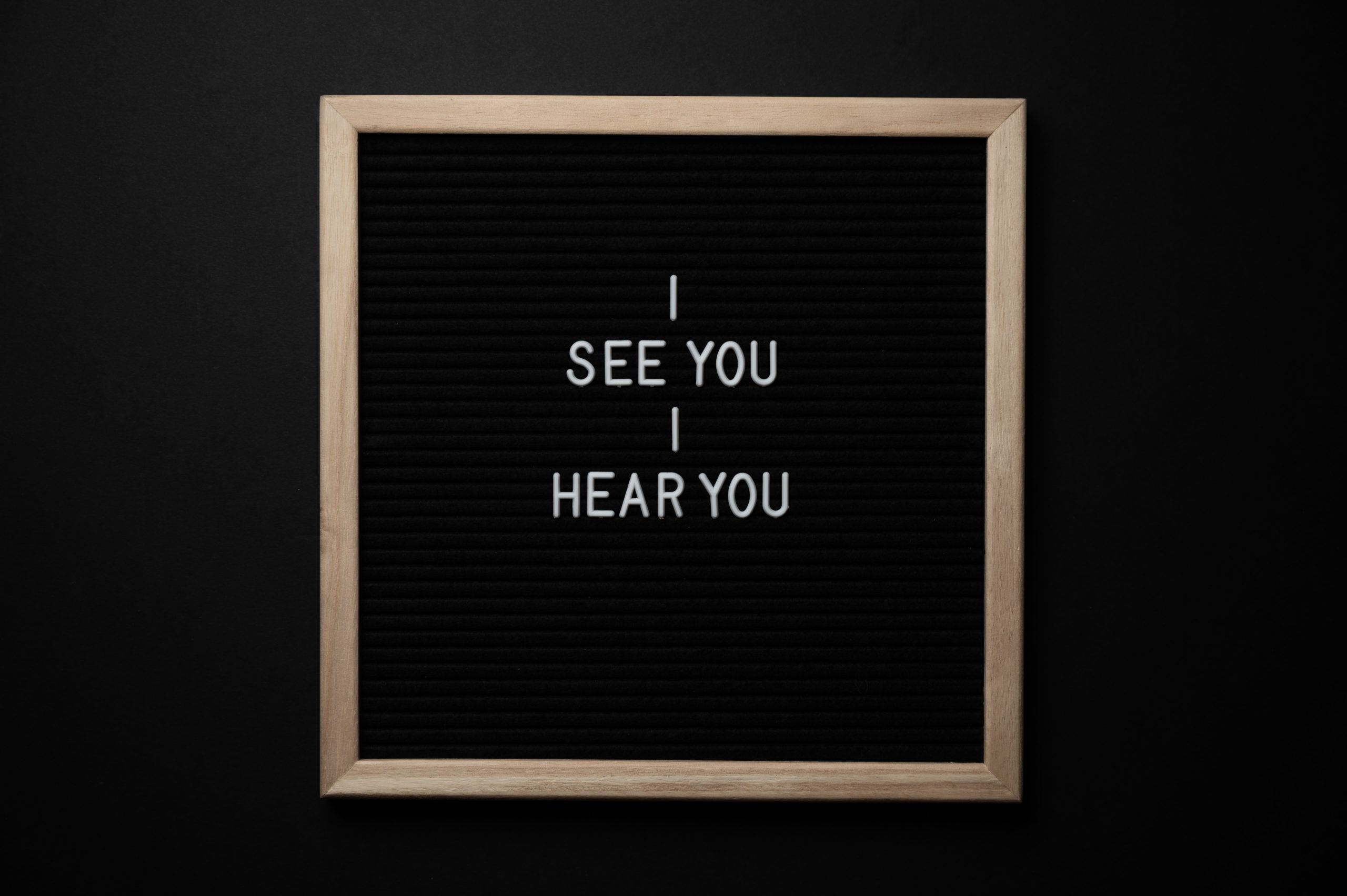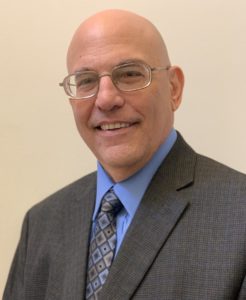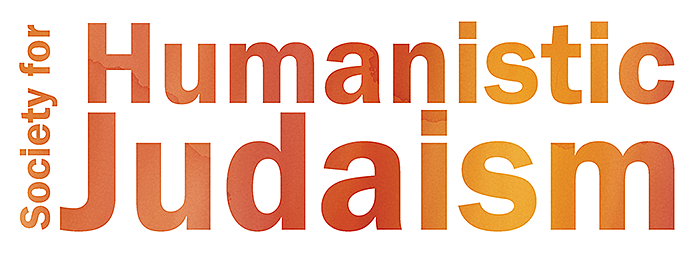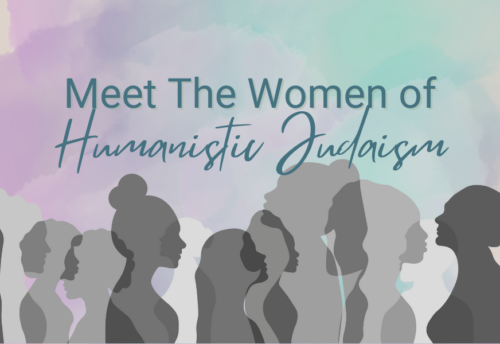
This is a guest post by Jeffrey L. Falick, Rabbi of the Birmingham Temple Congregation for Humanistic Judaism in Metro Detroit, Michigan.

How many times have you heard the tired old cliché that “there are no atheists in foxholes?” I remember very well when my great-grandfather told me about his wartime experience. He was not in a foxhole, but a trench in France. And it was there that he became an atheist.
Atheist, agnostic, freethinker, secular humanist, or just humanist … whatever the label … we are part of American history. Yet we are somehow unseen, subject to what the modern academy calls “erasure,” which can be defined as “collective indifference that render[s] certain people and groups invisible.” Like other unseen Americans, we experience huge detriments of recognition and influence. This despite solid data that show our numbers growing all the time.
It feels good to be seen. At the January 2009 presidential inauguration, Barack Obama’s address was brimming with religious references. That’s always been de rigueur. Yet he also uttered these previously unthinkable words: “We are a nation of Christians and Muslims, Jews and Hindus — and nonbelievers.”* The nontheistic world went crazy! He noticed us!
Flash forward to last month’s inaugural festivities. President Biden spoke repeatedly about his faith, “our” faith, and his “sacred oath before God.” It was heartfelt and completely appropriate for a deeply religious Catholic. It was also another example of erasure for nonbelievers, reminding us that on both the conservative and progressive sides of the U.S. political spectrum, we remain out of sight, unconsidered.
From the “Day of Prayer” to the insistence on putting “in God we trust” on everything from money to police cars to the incessant invocations of their deity to “bless” the country and everything else, Americans of all stripes and beliefs are subject to an over-the-top privileging of all things theistic. We pretend it’s harmless, but it’s far from innocuous. Its sum total is a reflection of the mighty political and societal influences wielded by the religious. Even when we’re pulling in the same direction as religious people who support our causes, we can never get through one meeting, one discussion without hearing about how “we’re all created in the image of God” or “let us pray for fill-in-the-blank.” I do engage in interfaith work, but it always comes with the price of my erasure.
We’ve become so accustomed to this that we’ve decided it just doesn’t matter. That’s a bad idea. Just as language and social mores affect how people talk about race, ethnicity, and sexuality or gender, the ongoing refusal to acknowledge our presence affects how we are judged. I have a personal basis of comparison. I’ve been an out Jew (in the south!), an out gay man, and an out nontheist working as a Jewish professional. Taken together, it is only when I’ve revealed that I’m a nontheist that I’ve been treated as a true outsider. The worst comes from inside the Jewish community. Even as American Jewish leadership has worked admirably to widen the community’s welcome of Jews of color, queer Jews, and other Jews who have been marginalized, there has been little done outside of our movement to hear the voices of Jewish “nonbelievers.”
Some might think that I’m speaking specifically about our small movement. I am not. The vast majority of nontheistic Jews do not belong to a Humanistic congregation or community. They are just out there in the world, many of them participating in Jewish federation programs, university Hillels, and Jewish community centers. Privately, Jewish leadership frequently acknowledges the huge number of nonbelieving Jews active in Jewish life. Publicly, they erase us.
We are the “out and proud” nontheistic Jews, unafraid to tell everyone that we exist. By virtue of belonging to an organized Humanistic community – a rarity in the Jewish world – we claim the mantle of the most self-aware nontheistic Jews. That role also confers upon us a responsibility to insist that the wider Jewish community increase visibility and space for nonbelieving Jews in every aspect of their programming if for no other reason than fulfilling their self-stated goal of Jewish survival.
If they want a Jewish future as badly as they say they do, they’re going to need us, too.
____________________________
* I’m using “nonbeliever” in the colloquial sense. We have many, many beliefs, but when it comes to the rest of the world, we’re “missing” the one they consider the highest standard of belief. As long as that’s how they use the English language, we must be prepared to reckon with it even as we advocate for change.




Thank you Rabbi Jeff for your post, Humanist Erasure. It is painful to many of us! I appreciate that Joe Biden is a firm Catholic, but he needs to broader his language as Obama did. I felt his inaugural address was a religious appeal to the nation. That’s not where 2021 is taking us! I hope we can continue to make progress on being mentioned in every speaker’s list of religions.